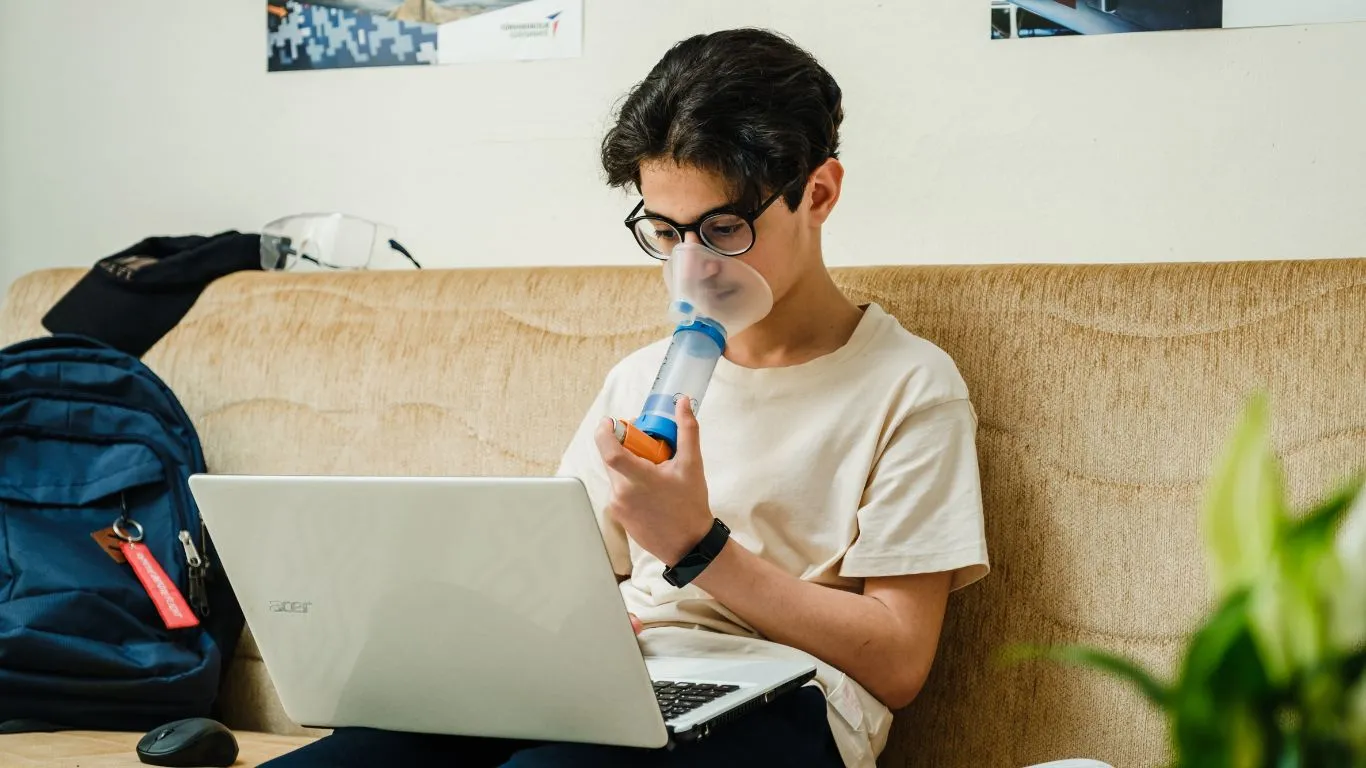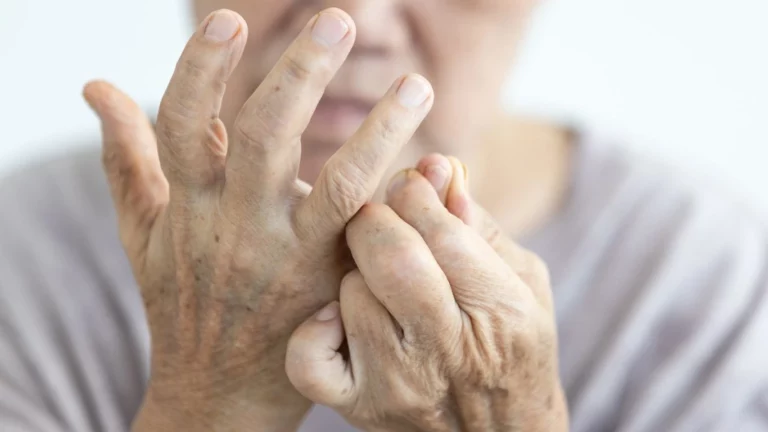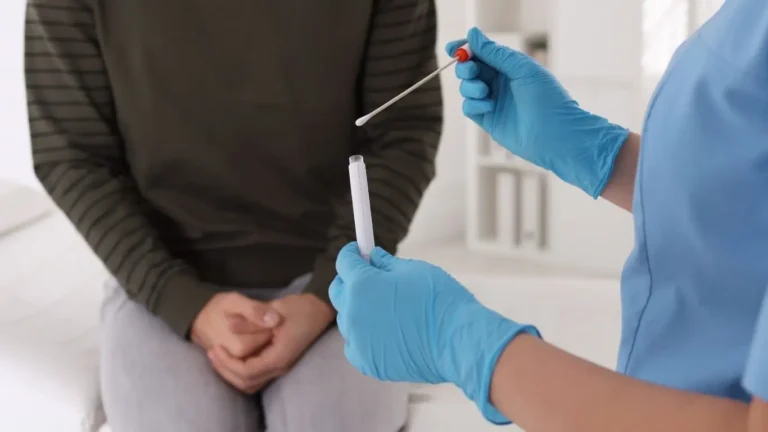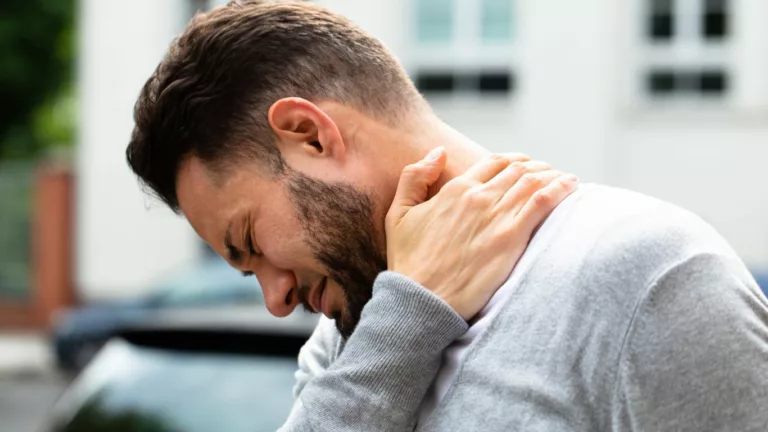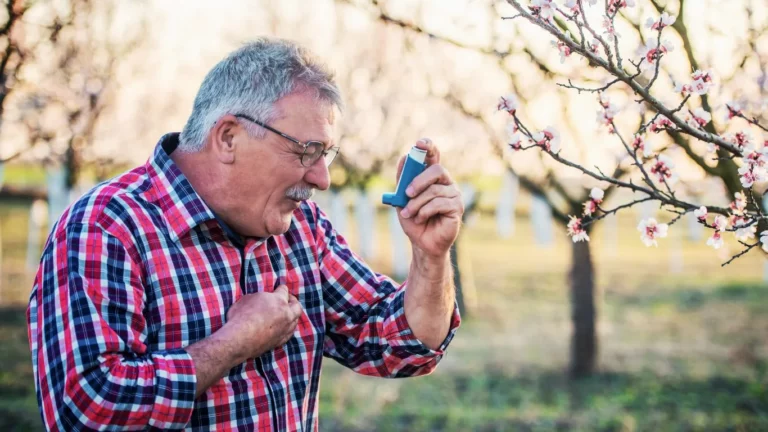Asthma Flare-ups After COVID: What You Need to Know
Experiencing asthma flare-ups after a COVID infection? You’re not alone. Many people with asthma have noticed their symptoms worsening following a COVID-19 infection. But don’t worry, in this guide, we’ll break down why this happens and what you can do to manage your asthma moving forward.
Understanding Asthma Flare-ups After COVID
If you’ve been dealing with asthma flare-ups after COVID, you’re probably wondering why it’s happening and how you can get back to feeling like yourself. Here’s the scoop: COVID-19 affects the respiratory system, and for people with asthma, it can trigger or worsen symptoms. The virus can cause inflammation in your airways, making it more difficult to breathe, which is particularly concerning for those already managing asthma.

Asthma is a chronic condition that causes inflammation and narrowing of the airways, leading to difficulty breathing. When you have an asthma flare-up, your symptoms—such as coughing, wheezing, shortness of breath, and chest tightness—become more intense. COVID-19 can make this inflammation even worse, triggering asthma symptoms that might have been under control before.
Why COVID-19 Can Trigger Asthma Flare-ups
COVID-19, caused by the SARS-CoV-2 virus, primarily affects the lungs, and that’s a big concern for people with asthma. When you catch the virus, it can cause inflammation in your respiratory system. For those already dealing with asthma, this added inflammation can lead to more intense symptoms.

In addition, COVID can increase the risk of respiratory infections, which are known to trigger asthma flare-ups. The virus can also make your immune system react in ways that worsen asthma, like causing more mucus production or even making the airway muscles tighten. If your asthma was previously mild or well-controlled, COVID-19 could cause a relapse or even make your asthma harder to manage.
How to Manage Asthma Flare-ups After COVID
While COVID can undoubtedly make asthma symptoms more challenging, there are several strategies to help manage flare-ups and maintain better control of your asthma:
1. Stay on Top of Your Asthma Medications
If you have asthma, it’s crucial to keep using your prescribed medications, even if you feel like your symptoms are under control. Your doctor might adjust your asthma treatment plan if you’ve recently had COVID, especially if your flare-ups have become more frequent or severe. Inhalers, corticosteroids, or other medications may help reduce inflammation and prevent flare-ups.
2. Monitor Your Symptoms Regularly
Keep track of your asthma symptoms and use a peak flow meter to monitor how well your lungs are functioning. A peak flow meter can help you detect early signs of an asthma attack before they become more severe. If your readings are lower than usual, it’s time to take action—whether it’s adjusting your medication or seeking medical advice.
3. Avoid Asthma Triggers
While COVID-19 can make asthma symptoms worse, other triggers like allergens, smoke, or cold air can also contribute to flare-ups. Do your best to minimize exposure to known triggers. This might mean staying indoors on high-pollen days, avoiding secondhand smoke, or using a humidifier to keep the air in your home moist.
4. Stay Active, But Don’t Overdo It
Exercise can help improve lung function, but if you’re experiencing asthma flare-ups, it’s important to avoid strenuous activity that could make your symptoms worse. Start slow, and consult with your healthcare provider about a safe exercise routine to help you rebuild your strength without triggering asthma symptoms.
5. Get a Flu Shot and Stay Up to Date on Vaccinations
Respiratory infections can trigger asthma flare-ups, so it’s important to stay protected. Getting a flu shot and staying up to date with your COVID vaccinations can help reduce the likelihood of respiratory infections that could lead to more severe asthma symptoms.
6. Seek Professional Help if Needed
If you’re experiencing more severe asthma flare-ups after recovering from COVID-19, it’s essential to reach out to your healthcare provider. They can assess your condition, adjust your asthma management plan, and provide any necessary treatments to help you recover. In some cases, additional treatments like oral steroids or biologics may be needed.
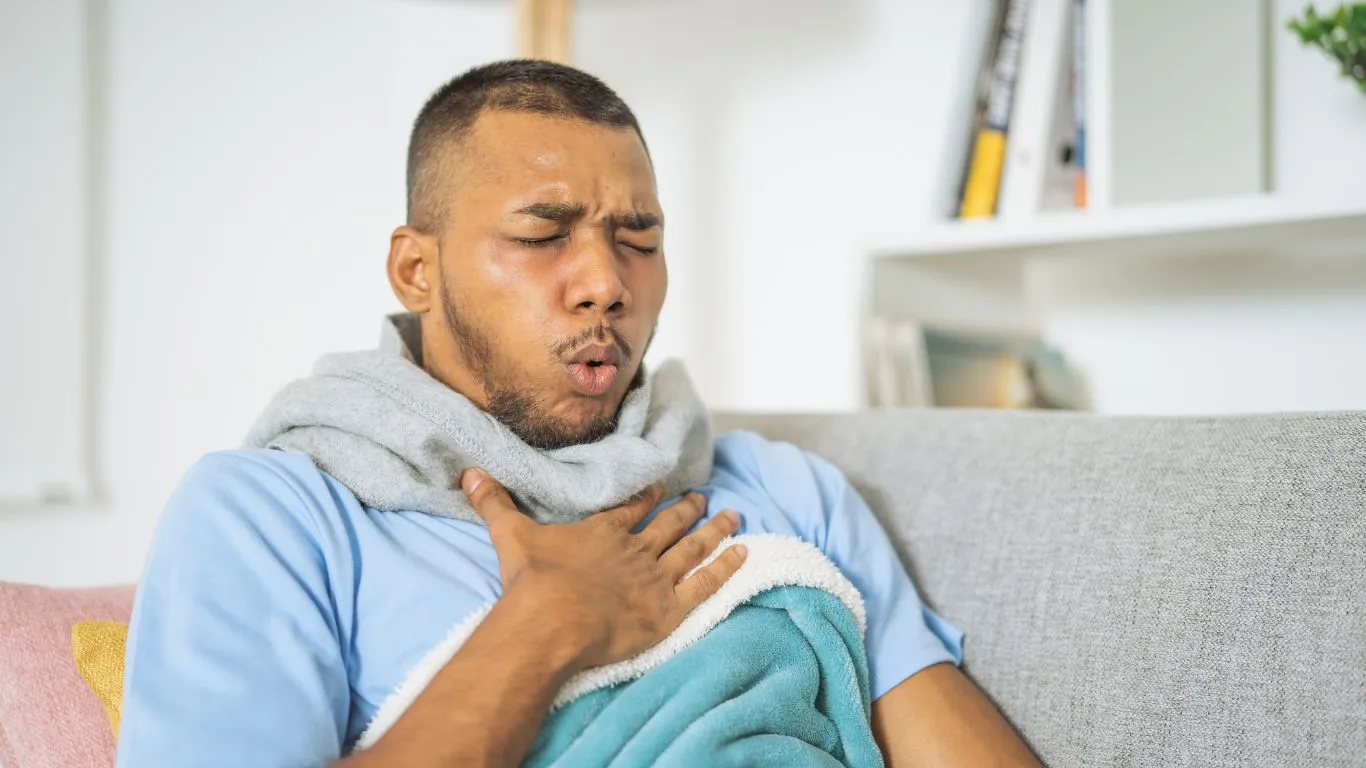
The Importance of Post-COVID Care for Asthma Patients
COVID-19 can have lingering effects, and for people with asthma, managing your condition after recovering from the virus is crucial for your overall health. In addition to respiratory issues, COVID can also affect your immune system and increase inflammation, making your asthma more challenging to control. Post-COVID care might include regular check-ins with your doctor, managing any new or worsening symptoms, and staying vigilant about your asthma management plan.

Conclusion
Asthma flare-ups after COVID-19 can be concerning, but with the right steps, you can manage your symptoms and regain control of your respiratory health. Keeping up with your asthma medications, avoiding triggers, and seeking professional help when needed are all key components of managing your condition. By staying proactive about your asthma care, you can reduce the impact of COVID-19 on your respiratory health and enjoy a better quality of life.
Appendices
FAQs
- Can COVID-19 cause permanent damage to my asthma? While COVID-19 can worsen asthma symptoms temporarily, it typically doesn’t cause permanent damage. However, it can trigger more frequent flare-ups, so it’s essential to monitor your asthma and adjust your treatment as needed.
- How do I know if my asthma is worsening after COVID? Look out for more frequent coughing, wheezing, or shortness of breath than usual. If your peak flow readings drop or your inhaler isn’t as effective, it’s a sign your asthma might be worsening, and you should contact your healthcare provider.
- Can COVID-19 vaccines help with asthma flare-ups? Yes, getting vaccinated can help prevent respiratory infections, which can trigger asthma flare-ups. Talk to your doctor about the best vaccination schedule for you.
- Is it safe to exercise if I’m having asthma flare-ups after COVID? If you’re experiencing asthma flare-ups, it’s best to rest and avoid intense exercise. Once your symptoms improve, you can gradually ease back into your exercise routine.
- What should I do if I have a severe asthma attack after COVID? If you’re experiencing a severe asthma attack, use your rescue inhaler immediately. If your symptoms don’t improve, seek emergency medical attention right away.
References
- National Heart, Lung, and Blood Institute. (2023). Asthma and COVID-19. Read Article
- Centers for Disease Control and Prevention (CDC). (2023). Asthma and Respiratory Infections: Tips for Managing Your Asthma. Read Article
- American Lung Association. (2024). Asthma and COVID-19: Managing Your Health. Read Article
Disclaimer
The information provided in this article is for educational purposes only and does not substitute for professional medical advice. Always consult with your healthcare provider regarding any concerns about your asthma or post-COVID recovery. Individual needs may vary, and professional guidance is crucial for personalized care.

Bianca Nala is a compassionate Nurse Practitioner with a strong background in primary and respiratory care. As a health writer for Healthusias.com, she combines her clinical expertise with a talent for clear, relatable storytelling to help readers better understand their health. Bianca focuses on topics like asthma, COPD, chronic cough, and overall lung health, aiming to simplify complex medical topics without losing accuracy. Whether she’s treating patients or writing articles, Bianca is driven by a single goal: making quality healthcare knowledge accessible to everyone.

